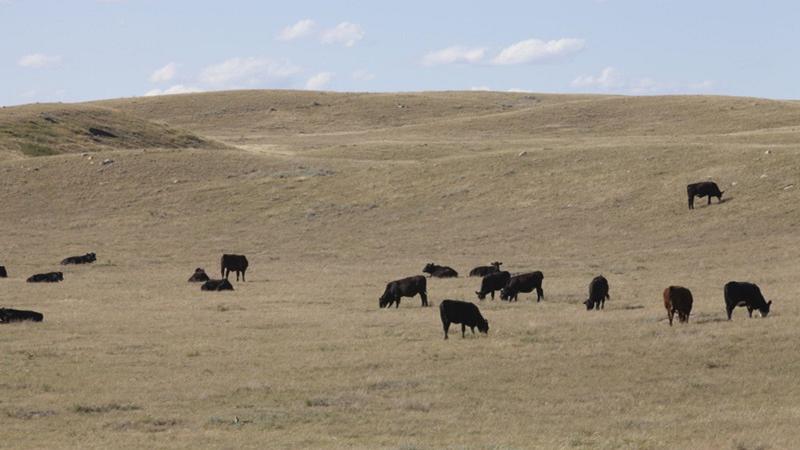
Agriculture Roundup for Tuesday June 2, 2020
With seeding wrapping up farmers are reminded to lock in their hail insurance coverage for the 2020 season.
Canadian Crop Hail Association (CCHA) President Rick Omelchenko said member companies will follow all government directives and adhere to government social distancing requirements.
“This is an unprecedented time in Canadian agriculture, and we want our customers to know their safety, and the safety of our agents, is our top priority,” Omelchenko said in a news release. “We are ready to help farmers manage the risks of Mother Nature as the storm season approaches with the same great service and expert advice we have provided for years.”
Last year, CCHA covered more than $6.5 billion in crops. Companies paid $242 million on 16,200 claims. Saskatchewan was hit hardest last year with damaging storms, cool wet weather and early snow that meant not all farmers were able to complete harvest.


